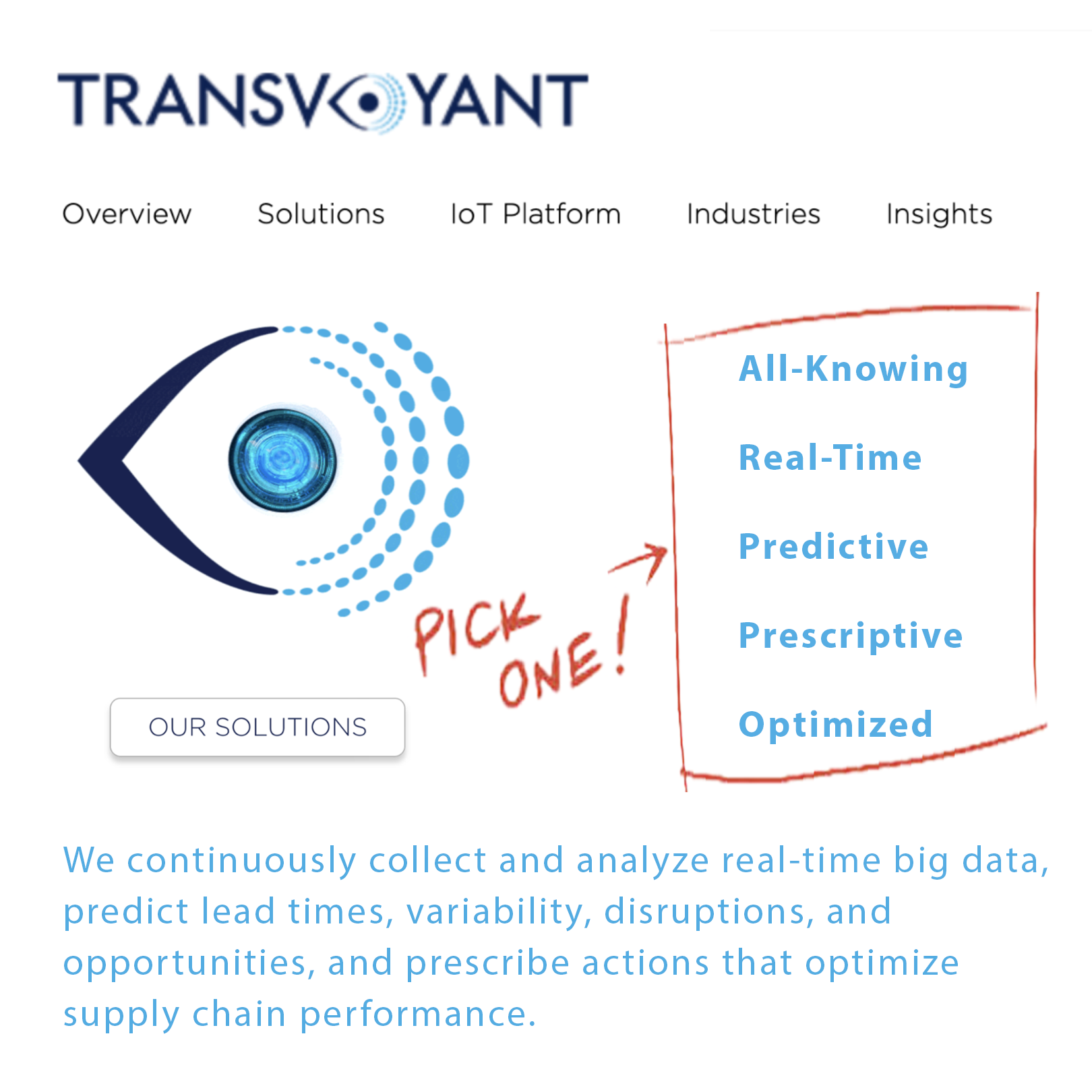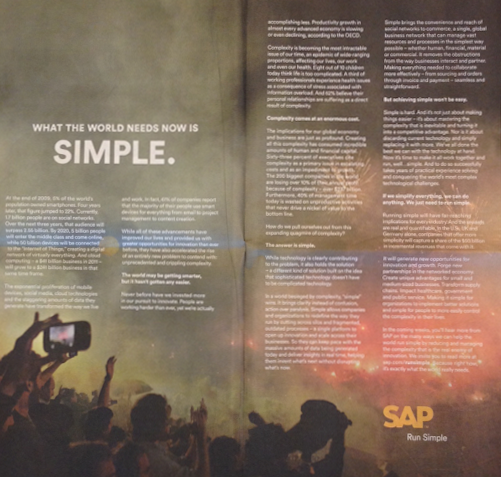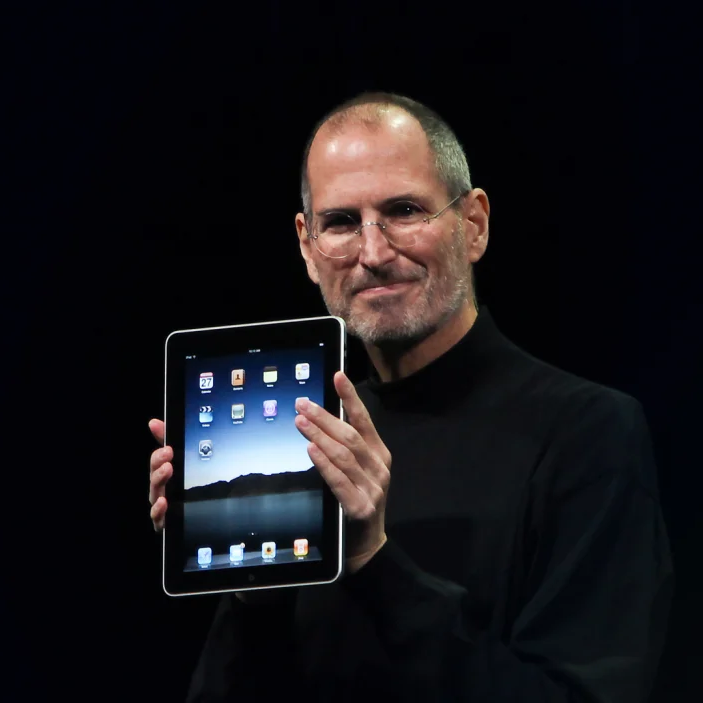


Be Real
TENET 01
Stay true to your business and product strategy

Be Real
Stay true to your business and product strategy
The story you tell about yourself is never as influential as the stories others tell about you. In 2000, BP tried to rebrand themselves as a green company, but their continued investment in oil drilling led to widespread mocking of their hypocritical messaging. This led to countless parodies of their new logo, with captions like “Broken Promises” and “Best Polluter”.
Effective narrative plays to your strengths by highlighting and reinforcing the best aspects of your reputation. But trying to paper over negative perceptions is a losing game. Nothing turns an audience against you faster than inauthenticity.

The story you tell about yourself is never as influential as the stories others tell about you. In 2000, BP tried to rebrand themselves as a green company, but their continued investment in oil drilling led to widespread mocking of their hypocritical messaging. This led to countless parodies of their new logo, with captions like “Broken Promises” and “Best Polluter”.
Effective narrative plays to your strengths by highlighting and reinforcing the best aspects of your reputation. But trying to paper over negative perceptions is a losing game. Nothing turns an audience against you faster than inauthenticity.
The story you tell about yourself is never as influential as the stories others tell about you. In 2000, BP tried to rebrand themselves as a green company, but their continued investment in oil drilling led to widespread mocking of their hypocritical messaging. This led to countless parodies of their new logo, with captions like “Broken Promises” and “Best Polluter”.
Effective narrative plays to your strengths by highlighting and reinforcing the best aspects of your reputation. But trying to paper over negative perceptions is a losing game. Nothing turns an audience against you faster than inauthenticity.


Take a Stand
TENET 02
If you stand for everything, you’ll stand for nothing
TENET 02

Take a Stand
If you stand for everything, you’ll stand for nothing
Many companies suffer from “peanut butter messaging”: by trying to be all things to all people, they spread their message so thin that it gives prospects nothing to latch onto. Based on their initial website, this supply chain startup doesn’t seem to know what it does. IoT? Real-time Big Data? Predictive Analytics? Performance Optimization?
Usually, companies fail to take a stand because they fear being left out of the conversation. But when you chase all the latest fads and buzzwords, what customers see isn’t a company that has it all, it’s one that lacks confidence in its own strategy.

Many companies suffer from “peanut butter messaging”: by trying to be all things to all people, they spread their message so thin that it gives prospects nothing to latch onto. Based on their initial website, this supply chain startup doesn’t seem to know what it does. IoT? Real-time Big Data? Predictive Analytics? Performance Optimization?
Usually, companies fail to take a stand because they fear being left out of the conversation. But when you chase all the latest fads and buzzwords, what customers see isn’t a company that has it all, it’s one that lacks confidence in its own strategy.
Many companies suffer from “peanut butter messaging”: by trying to be all things to all people, they spread their message so thin that it gives prospects nothing to latch onto.Based on their initial website, this supply chain startup doesn’t seem to know what it does. IoT? Real-time Big Data? Predictive Analytics? Performance Optimization?
Usually, companies fail to take a stand because they fear being left out of the conversation. But when you chase all the latest fads and buzzwords, what customers see isn’t a company that has it all, it’s one that lacks confidence in its own strategy.


Keep it Simple
TENET 03
No one tells stories they can’t remember
TENET 03

Keep it Simple
No one tells stories they can’t remember
It doesn’t matter what words people use to talk about Harley Davidson, the narrative always ends up being about freedom. Contrast that with SAP, whose “run simple” campaign launched with a 800-word ad that can only be described as “self-parody”.
Often, messages become too complicated due to political pressure (various teams fighting for their favorite product or feature), or a misguided belief that more detail will lead to greater credibility. The best way to solve these issues is to do the hard work of creating a message hierarchy that both prioritizes and connects competing narratives.

It doesn’t matter what words people use to talk about Harley Davidson, the narrative always ends up being about freedom. Contrast that with SAP, whose “run simple” campaign launched with a 800-word ad that can only be described as “self-parody”.
Often, messages become too complicated due to political pressure (various teams fighting for their favorite product or feature), or a misguided belief that more detail will lead to greater credibility. The best way to solve these issues is to do the hard work of creating a message hierarchy that both prioritizes and connects competing narratives.
It doesn’t matter what words people use to talk about Harley Davidson, the narrative always ends up being about freedom. Contrast that with SAP, whose “run simple” campaign launched with a 800-word ad that can only be described as “self-parody”.
Often, messages become too complicated due to political pressure (various teams fighting for their favorite product or feature), or a misguided belief that more detail will lead to greater credibility. The best way to solve these issues is to do the hard work of creating a message hierarchy that both prioritizes and connects competing narratives.


Punch Up
TENET 04
Everyone loves an underdog
TENET 04

Punch Up
Everyone loves an underdog
People want to feel like they are part of something bigger than themselves – an inspiring vision for the future. They want to be the heroes of the Rebel Alliance, not cogs in a heartless Empire. This is true even (maybe especially) for larger businesses. When Steve Jobs launched the iPhone in 2007, he didn’t aspire to catch the millions of Blackberry units sold by then-smartphone leader RIM. Instead, he publicly set his sights on the over 250 million PC market by announcing we were in a “Post-PC era”. Just four years later, smartphone and tablet shipments surpassed PC shipments worldwide.
Is your “Goliath” big enough to inspire your employees and your customers to want to be part of your story?

People want to feel like they are part of something bigger than themselves – an inspiring vision for the future. They want to be the heroes of the Rebel Alliance, not cogs in a heartless Empire. This is true even (maybe especially) for larger businesses. When Steve Jobs launched the iPhone in 2007, he didn’t aspire to catch the millions of Blackberry units sold by then-smartphone leader RIM. Instead, he publicly set his sights on the over 250 million PC market by announcing we were in a “Post-PC era”. Just four years later, smartphone and tablet shipments surpassed PC shipments worldwide.
Is your “Goliath” big enough to inspire your employees and your customers to want to be part of your story?
People want to feel like they are part of something bigger than themselves – an inspiring vision for the future. They want to be the heroes of the Rebel Alliance, not cogs in a heartless Empire. This is true even (maybe especially) for larger businesses. When Steve Jobs launched the iPhone in 2007, he didn’t aspire to catch the millions of Blackberry units sold by then-smartphone leader RIM. Instead, he publicly set his sights on the over 250 million PC market by announcing we were in a “Post-PC era”. Just four years later, smartphone and tablet shipments surpassed PC shipments worldwide.
Is your “Goliath” big enough to inspire your employees and your customers to want to be part of your story?
